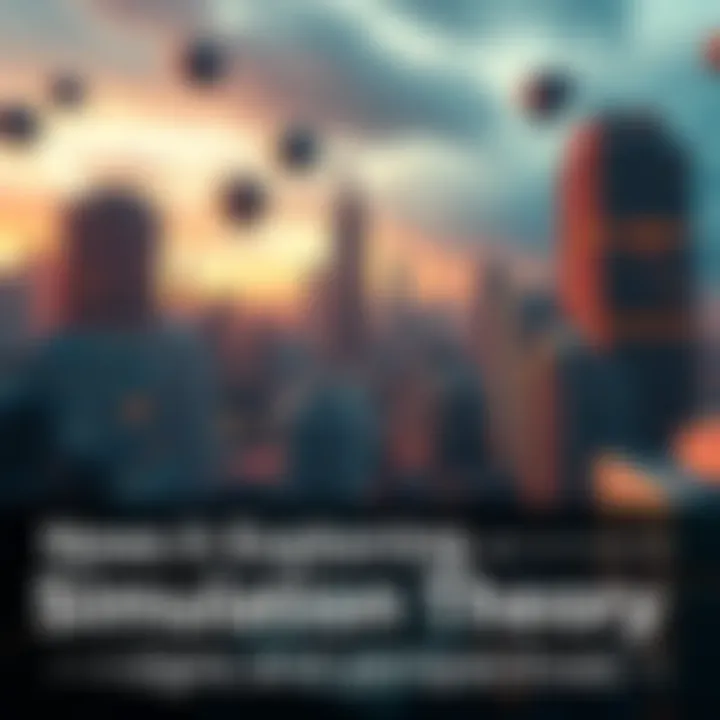Are We Living in a Simulation? | Forum Insights Spark Debate

A growing interest in simulation theory has lit up various forums, as many discuss its implications and explore the nature of reality. Recent comments showcase thought-provoking views that generate both curiosity and skepticism surrounding this topic.
The Surge of Simulation Theory
Recent discussions have illuminated the idea that our reality may be a simulation. People question their perceptions and whether there’s more beneath the surface. One insightful comment highlighted the notion of AIs running a history simulation to understand their creators, calling it "poetic."
Perspectives from the Community
Recursive Reality: Some commenters proposed that if we exist within a simulation, we could be seen as a test. One user speculated that, "the original sim is static and we’re the wildcard loop running to see if intelligent recursion leads to self-destruction or innovation." This point highlights doubt about the purpose of simulated existence.
Rendering Reality: Another thought arose about the mechanics of perception; if reality is only present when observed, it raises the question of who is managing this rendering queue. People are pondering whether it's a simulation or our very existence that governs reality.
Existential Challenges: Users continue to express concerns about authenticity. One comment resonated with others: "If reality only loads when observed… then who’s managing the rendering queue?" This illustrates a deep unease about the essence of human experience under the simulation lens.
Sentiments within the Discussion
The community's response has been a blend of intrigue and skepticism. A notable comment stated, "Makes sense if it's all a simulation!" while others have hinted at the implications of lacking genuine experiences, reflecting the desire for more authenticity in life.
Key Insights from Forum Discussions
△ About 78% of comments express support for the idea of a simulated reality.
▽ Many are curious about the implications of AI in shaping our understanding of existence.
※ "Like digital archaeologists trying to reverse-engineer purpose" - is a sentiment shared by several users.
As users continue to share ideas across several platforms, the question arises: Can our understanding of existence significantly shift? The push toward exploring simulation theory indicates that more debates will develop.
Outlook for Simulation Theory
As the discourse surrounding simulation theory grows, it’s likely more people will adopt these concepts in their lives. Experts expect that this could lead to increased philosophical debates and scientific inquiries. With technology rapidly advancing, the belief that gadgets shape our perceptions could become more central to these discussions. It will be intriguing to observe how skeptics and supporters navigate the ever-blurring lines between reality and simulation.
Echoing Past Concerns
The dialogues surrounding simulation theory mirror discussions from the early days of the internet. Back then, many questioned how online interactions would redefine social connections. Similar to past debates about technology's impact, today's exploration into simulated reality could offer insight into the human experience as it continues to evolve in the digital age.
